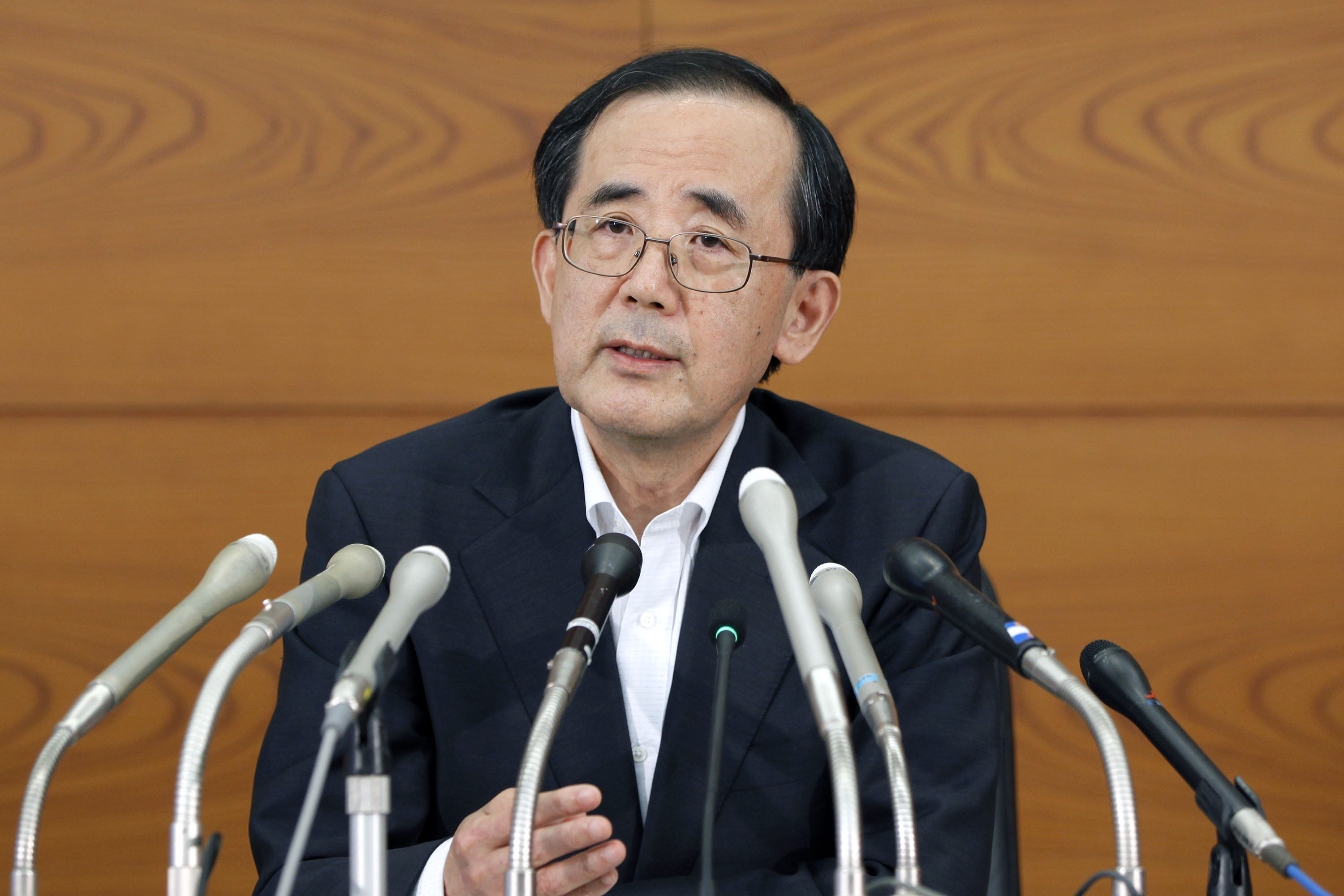Bank of Japan Gov. Masaaki Shirakawa, who set the nation's first inflation goal six months ago to halt a decade-long struggle with deflation, has failed to produce the weaker currency craved by exporters.
The yen slid as much as 8.8 percent against the dollar in the weeks after the BOJ shocked markets in February by announcing a 1 percent inflation target and expanding its asset-buying fund. The relief for exporters was fleeting, as the central bank has refrained from expanding stimulus since April and the currency resumed its climb toward a postwar record. Futures traders raised bullish bets to a five-month high as consumer prices continued their decline.
Blocking Shirakawa's path to a weaker currency is the popularity of Japanese government bonds, which returned more than U.S., U.K and German debt after adjusting for inflation, attracting overseas demand for the securities and the yen needed to buy them. Battered by the stronger exchange rate, Sony Corp., Sharp Corp. and Panasonic Corp. have cut employees, earnings forecasts or both. Finance Minister Jun Azumi is calling for more measures from the central bank to stem gains.



